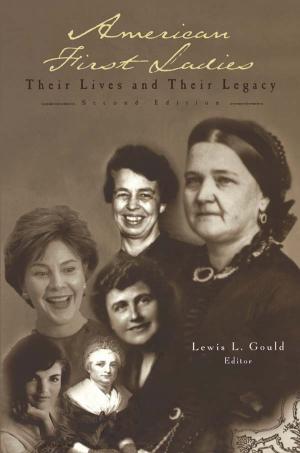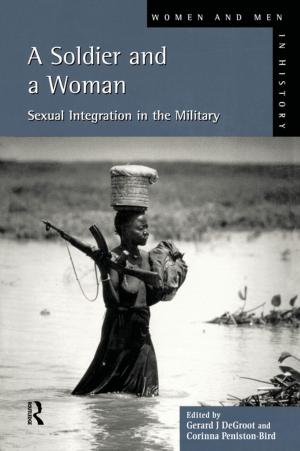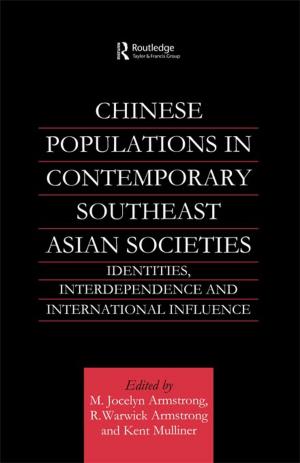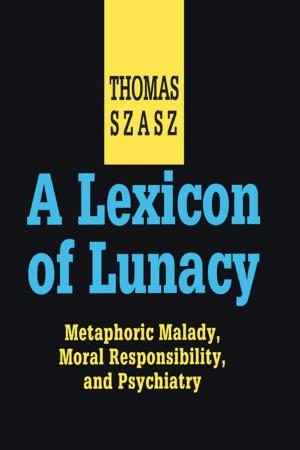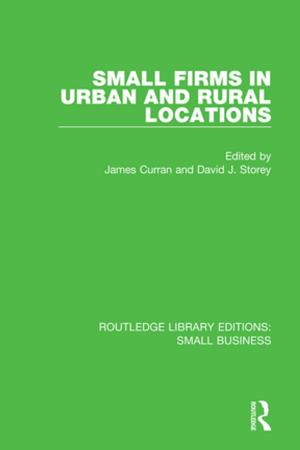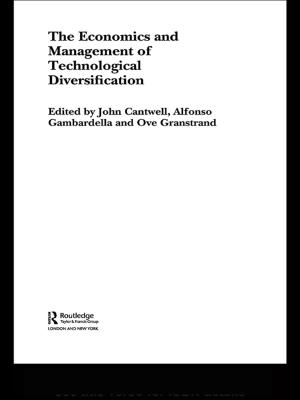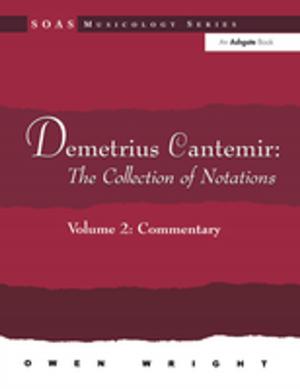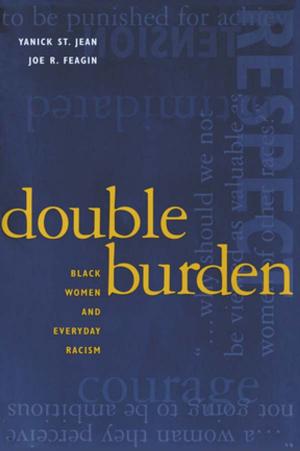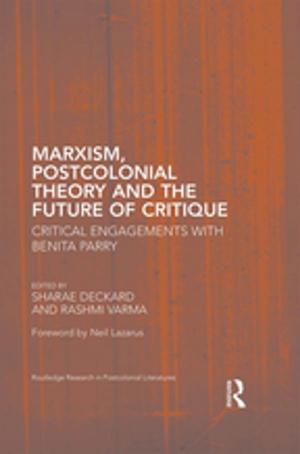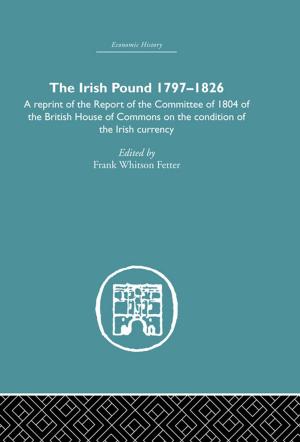The Senses in Religious Communities, 1600-1800
Early Modern ‘Convents of Pleasure’
Fiction & Literature, Literary Theory & Criticism| Author: | Nicky Hallett | ISBN: | 9781317016328 |
| Publisher: | Taylor and Francis | Publication: | March 3, 2016 |
| Imprint: | Routledge | Language: | English |
| Author: | Nicky Hallett |
| ISBN: | 9781317016328 |
| Publisher: | Taylor and Francis |
| Publication: | March 3, 2016 |
| Imprint: | Routledge |
| Language: | English |
Offering a comprehensive analysis of newly-uncovered manuscripts from two English convents near Antwerp, this study gives unprecedented insight into the role of the senses in enclosed religious communities during the period 1600-1800. It draws on a range of previously unpublished writings-chronicles, confessions, letters, poetry, personal testimony of various kinds-to explore and challenge assumptions about sensory origins. Author Nicky Hallett undertakes an interdisciplinary investigation of a range of documents compiled by English nuns in exile in northern Europe. She analyzes vivid accounts they left of the spaces they inhabited and of their sensory architecture: the smells of corridors, of diseased and dying bodies, the sights and sounds of civic and community life, its textures and tastes; their understanding of it in the light of devotional discipline. This is material culture in the raw, providing access to a well-defined locale and the conditions that shaped sensory experience and understanding. Hallett examines the relationships between somatic and religious enclosure, and the role of the senses in devotional discipline and practice, considering the ways in which the women adapted to the austerities of convent life after childhoods in domestic households. She considers the enduring effects of habitus, in Bourdieu's terms the residue of socialised subjectivity which was (or was not) transferred to a contemplative career. To this discussion, she injects literary and cultural comparisons, considering inter alia how writers of fiction, and of domestic and devotional conduct books, represent the senses, and how the nuns' own reading shaped their personal knowledge. The Senses in Religious Communities, 1600-1800 opens fresh comparative perspectives on the Catholic domestic household as well as the convent, and on relationships between English and European philosophy, rhetorical, medical and devotional discourse.
Offering a comprehensive analysis of newly-uncovered manuscripts from two English convents near Antwerp, this study gives unprecedented insight into the role of the senses in enclosed religious communities during the period 1600-1800. It draws on a range of previously unpublished writings-chronicles, confessions, letters, poetry, personal testimony of various kinds-to explore and challenge assumptions about sensory origins. Author Nicky Hallett undertakes an interdisciplinary investigation of a range of documents compiled by English nuns in exile in northern Europe. She analyzes vivid accounts they left of the spaces they inhabited and of their sensory architecture: the smells of corridors, of diseased and dying bodies, the sights and sounds of civic and community life, its textures and tastes; their understanding of it in the light of devotional discipline. This is material culture in the raw, providing access to a well-defined locale and the conditions that shaped sensory experience and understanding. Hallett examines the relationships between somatic and religious enclosure, and the role of the senses in devotional discipline and practice, considering the ways in which the women adapted to the austerities of convent life after childhoods in domestic households. She considers the enduring effects of habitus, in Bourdieu's terms the residue of socialised subjectivity which was (or was not) transferred to a contemplative career. To this discussion, she injects literary and cultural comparisons, considering inter alia how writers of fiction, and of domestic and devotional conduct books, represent the senses, and how the nuns' own reading shaped their personal knowledge. The Senses in Religious Communities, 1600-1800 opens fresh comparative perspectives on the Catholic domestic household as well as the convent, and on relationships between English and European philosophy, rhetorical, medical and devotional discourse.



